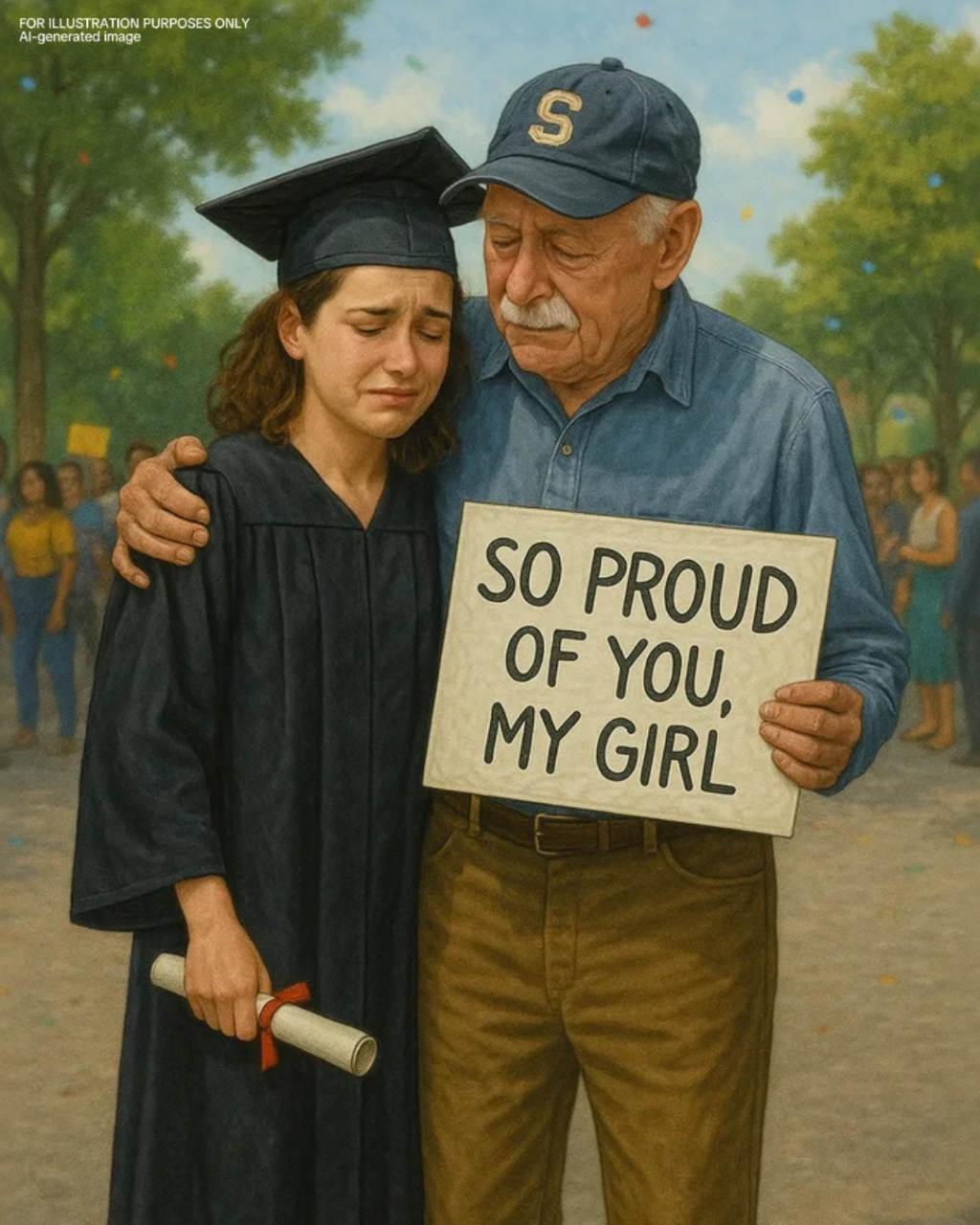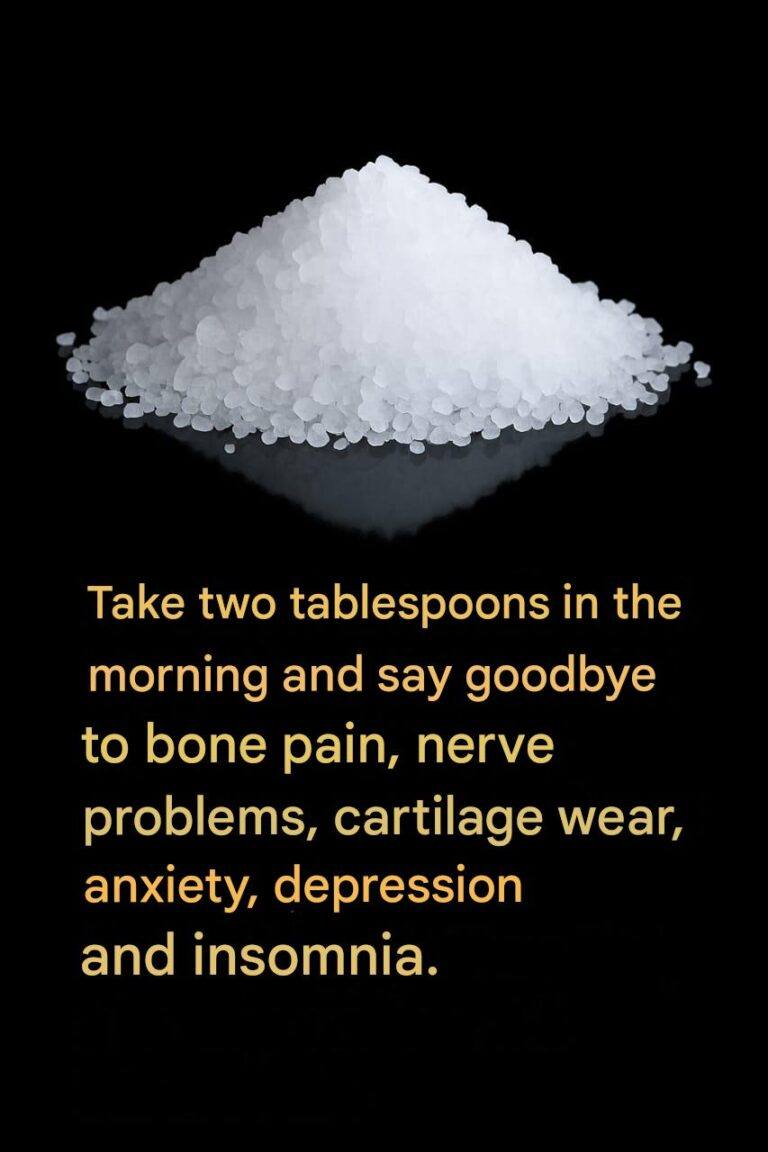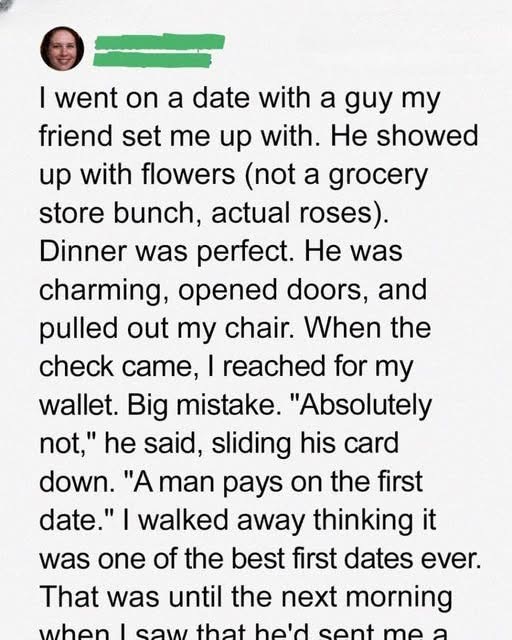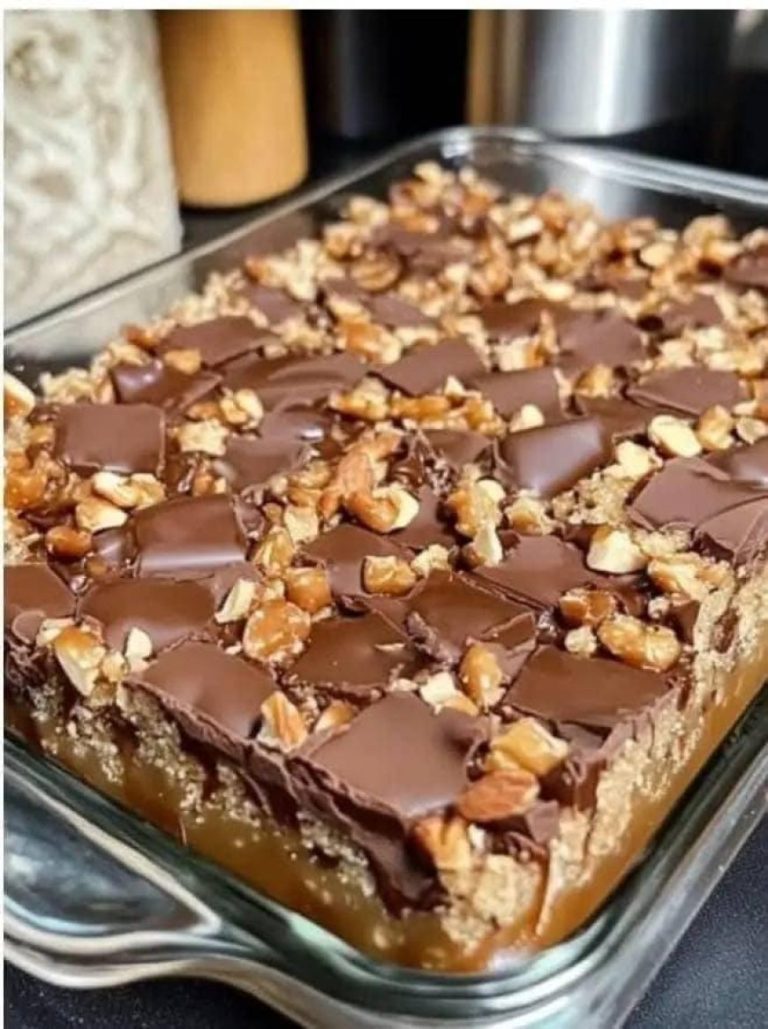
Growing up, I learned how to lie early. Not about big things—just about one thing. One very important thing.
“My dad? He’s in his fifties,” I’d say with a smile. A little white lie I told to classmates, teachers, even friends. I shaved off ten, sometimes fifteen years like it was nothing. No one questioned me. Why would they?
But the truth? My dad was sixty-eight when I was born.
By the time I was in first grade, he had already retired. While my classmates had dads who ran marathons, played catch, or built treehouses, mine wore brown loafers and used a back brace just to pick up the groceries.
At school events, he always stood out. He wore oversized plaid shirts, a faded sunhat in the summer, and always walked a little slower than everyone else. Other kids would glance, nudge their friends, whisper things they thought I couldn’t hear.
“Is that her grandpa?”
“Why’s he so old?”
One boy even asked me if my dad was my great-grandfather. I laughed along, even though I felt a lump rise in my throat.
He never seemed to notice. Or maybe he did, and just chose to ignore it. He’d wave enthusiastically from the crowd, holding a clunky camcorder from the 90s, always smiling.
I hated that camera. It was heavy and loud, and it made us look even more out of place.
At home, he was quiet. Gentle. Always humming old songs from the 50s and calling me “kiddo.” We’d spend afternoons doing puzzles or watching black-and-white movies. He’d explain every actor’s name like I should already know them.
“Now that’s Gregory Peck,” he’d say proudly. “Handsome devil. Your mom used to swoon every time he was on screen.”
I’d roll my eyes, more interested in cartoons than Hollywood classics. But I still sat through every movie with him, even the boring ones, because he seemed so happy just having me near.
He never yelled. Never raised a hand. He just… loved. Quietly. Unconditionally.
But something shifted as I got older.
By the time I reached high school, the gap between us had grown too wide to ignore. My friends talked about their dads teaching them to drive, going to basketball games, or jamming out to music on road trips.
Mine fell asleep during my learner’s permit test. I had to shake him awake when they called my name.
Also Read : My Adult Stepdaughter Left Trash Around My House and Treated Me Like a Maid — So I Taught Her a Lesson
I began pulling away. I stopped inviting him to school events. Argued with him over little things—what I wore, where I went, how much homework I had. And then one day, during one of our worst fights, I exploded.
“I wish you’d never had me!” I screamed. “You knew you were old! It was selfish to bring a kid into the world when you couldn’t even be there for the important stuff!”
He didn’t say a word. Just sat in his worn recliner, the same one with the lopsided cushion, staring at the TV. The silence was louder than any yell. I stormed out, slamming the door behind me.
I thought I’d won that fight.
And then came graduation.
It was a sunny day. Everyone else had loud families—cheering, waving signs, tossing confetti. My dad stood quietly at the edge of the crowd, holding a wrinkled, hand-made poster that said: “SO PROUD OF YOU, MY GIRL.”
He looked smaller than I remembered. His shirt was tucked in too tight, and he wore a baseball cap with our school’s logo. I almost pretended not to see him.
Salome, my best friend, pulled me into a circle of selfies and Snapchat videos. As I smiled for the camera, I caught a glimpse of him in the corner of my eye. He was wiping his eyes with a tissue, trying to be discreet.
I felt something twist inside me.
When I finally walked over to him, diploma in hand, he didn’t speak much. Just handed me a small envelope and said quietly, “Open it later. I know I wasn’t perfect. But I tried.”
Then he hugged me, the kind of hug that says more than words ever could. And then he left, blending into the crowd, like always.
That night, after the parties and photos and congratulations, I sat on my bed alone and opened the envelope.
Inside was a graduation card with a cartoon of a girl in a cap and gown. In shaky handwriting, he’d written:
“You were my miracle. I didn’t know how much time I’d get, but every moment with you has been worth it. Thank you for letting me be your dad.”
A pressed four-leaf clover was tucked inside. I gasped.
When I was little, we’d search the backyard together for clovers. I never realized he was faking it—pretending he couldn’t find one—just so I could feel lucky. So I could feel special.
I clutched the card to my chest and sobbed.
All those years I spent ashamed… and all he ever did was love me. He never missed a single birthday. Stayed up late helping with science projects. Sat through every awkward dance recital and math competition—even when he didn’t understand a thing.
He just did it slower. Quieter. But he was always there.
I moved out for college that fall. We talked on the phone every week. He always ended calls with, “Be good, kiddo,” and reminded me to eat vegetables.
But over the next few years, he grew slower. Weaker. The calls became shorter. He began forgetting names, missing appointments. By my senior year, he couldn’t live alone anymore.
I brought him to live with me. I cooked his meals, helped him get dressed, read his favorite poems aloud when his eyesight failed. It was my turn now.
Sometimes, in his better moments, he’d look at me and say, “You turned out real good. Your mama would’ve been proud.”
On a spring morning, not long after my college graduation, I sat beside him in the living room as sunlight spilled through the curtains.
He held my hand. His fingers were bony, paper-thin. “I think I used up all my good luck,” he whispered, eyes closed.
“No,” I said, choking back tears. “I think I got it all.”
Also Read : Your $2 Bill May Be Worth A Lot More Than You Think
He smiled faintly, and just like that—he was gone.
At his funeral, I stood before a small crowd of people, most of them much older than me. I told them about the quiet man who wore silly hats, who taped every recital even when his hands shook. The man who pressed clovers into cards and always showed up, even when it was hard.
“I used to be ashamed of how old he was,” I admitted. “Now, I just wish I had more time.”
Afterward, an elderly woman approached me. “He talked about you constantly,” she said. “Called you his miracle. Said he was the luckiest man alive.”
Today, I watch young dads lifting toddlers on their shoulders, chasing after bikes, yelling on soccer sidelines. And I smile—because that’s beautiful too.
But I think of my dad, sitting quietly on a folding chair in the back row, clapping with everything he had when I waved at him.
He didn’t run. He didn’t yell. He didn’t always understand the world I was growing up in.
But he showed up. And he stayed.
If I could talk to my younger self—the girl who lied about her dad’s age, who felt embarrassed at school events—I’d say:
You don’t need a perfect dad. You just need one who loves you.
And I had that. In every quiet moment, every wrinkled card, every trembling hug—he gave me a love so deep I’m still discovering pieces of it today.
So no, he wasn’t the youngest dad in the room.
But he was mine.
And I wouldn’t trade that for anything.



